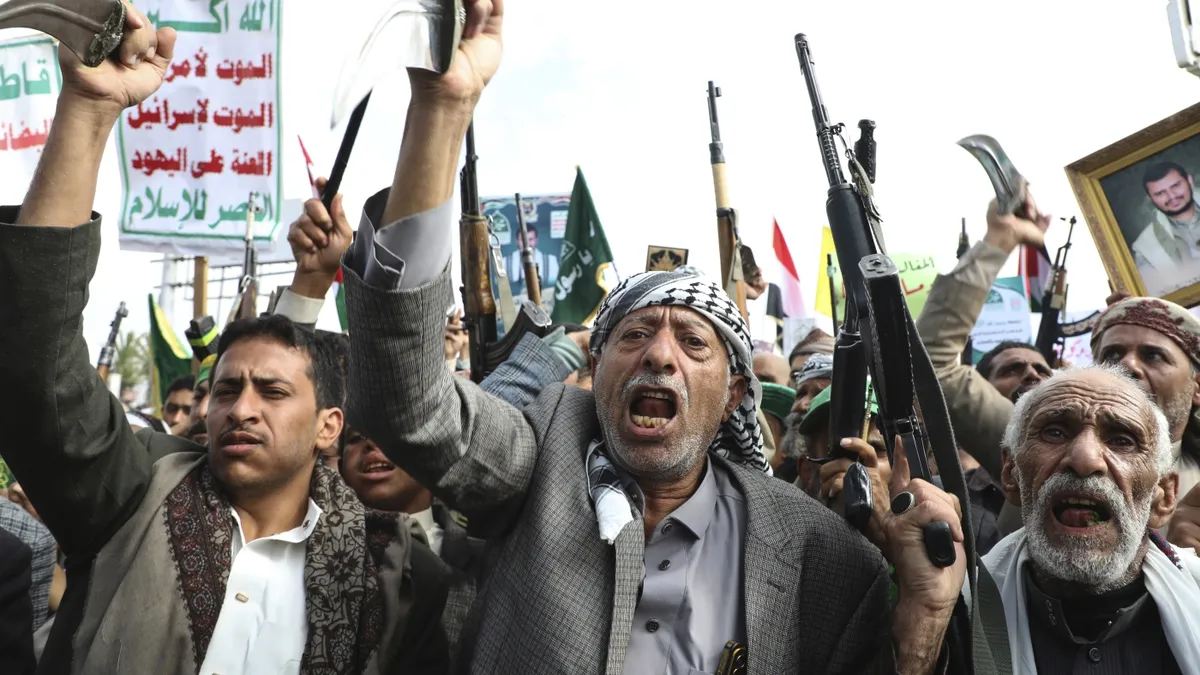
CAIRO — In a shocking development, the Iranian-backed Houthis reported on Saturday that an Israeli airstrike has resulted in the death of Ahmed al-Rahawi, the prime minister of the rebel-controlled government in Yemen's capital, Sanaa. The airstrike occurred on Thursday and targeted a gathering of government officials, which included several ministers, as part of a routine workshop aimed at evaluating the government's activities over the past year.
The Houthis stated that the airstrike was a significant blow to their leadership, emphasizing that al-Rahawi had been serving as prime minister since August 2024. The Israeli military, on the other hand, confirmed that the strike was aimed at a Houthi terrorist regime military target in the Sanaa region. This incident highlights the escalating tensions and military actions between Israel and the Houthi rebels amid the ongoing conflict.
Throughout Israel's ongoing war against Hamas in Gaza, the Houthis have been actively launching missiles towards Israel. They claim these attacks are undertaken in solidarity with the Palestinian people. Despite the fact that most missiles fired from Yemen are intercepted by Israeli defense systems or fragment mid-air, this has not deterred the Houthis from continuing their aggressive stance.
Earlier in the week, a series of Israeli strikes targeted various locations in Sanaa, resulting in at least 10 fatalities and injuring over 102 individuals, according to reports from the Houthi-run health ministry and government officials. The violence in the region has prompted a stronger response from Israel, which, along with a U.S.-led coalition, has intensified its military operations against rebel-held territories in Yemen, including the strategic coastal city of Hodeida.
The Israeli military's operations have had significant repercussions, including the disruption of operations at Sanaa airport, which was rendered inoperative following strikes in May. Earlier, during the Trump administration, a deal was brokered with the Houthis to cease airstrikes in exchange for a halt to attacks on shipping routes. However, the rebels have since asserted that the agreement did not extend to halting attacks on what they consider Israeli-aligned targets.
This recent escalation in conflict underscores the fragile nature of peace in the region and the ongoing complexities involving multiple factions, including the Houthis, Israel, and Hamas. The situation remains fluid, with potential for further developments as tensions continue to rise.